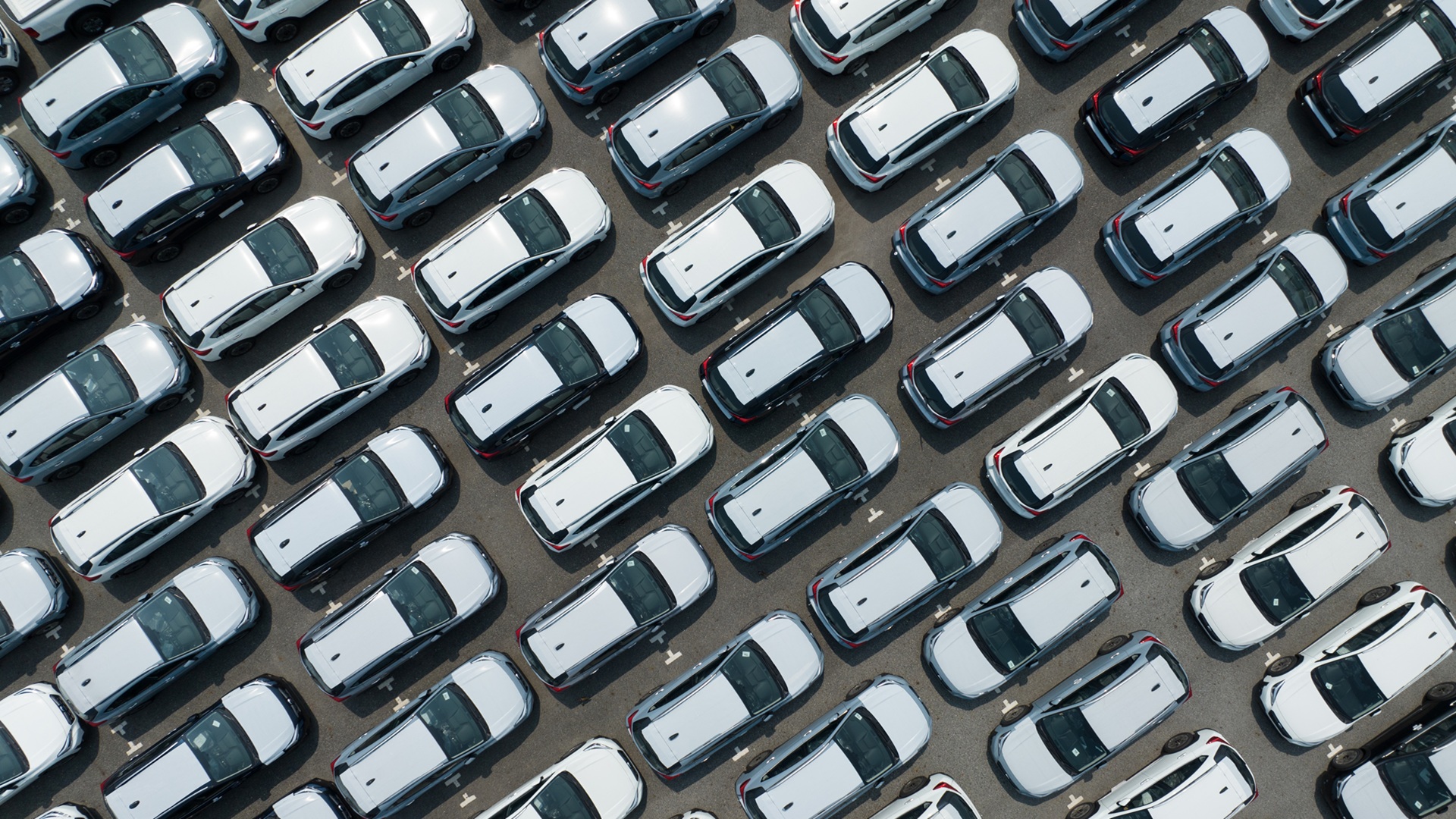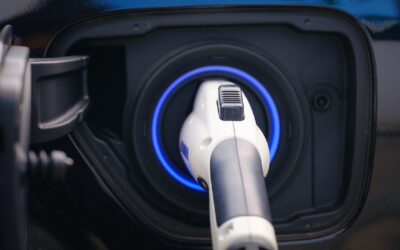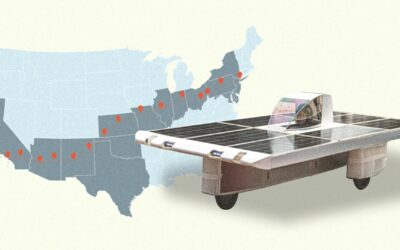The final 2025 Integr8 roundtable hosted by Automation Alley concluded at Detroit’s Michigan Central, focusing on mobility. Setting the backdrop for the event was a global restructuring of the automotive industry order, with Ford relocating its global offices to the recently renovated building from its historic Glass House in Dearborn.
This theme—relocation—was felt throughout the discussion, whether it referred to onshoring production or reallocating resources for the EV transition. In 2025, the only constant is change, and 2024’s mobility landscape looks radically different from the one we inhabit today.
Despite the changes ahead, the mood was hopeful in the face of such challenges as tariffs, shifting standards, and EV mandates.
The Moving Targets – Tariffs and EV Mandates
Manufacturers are navigating a constantly shifting policy environment. New tariffs, fluctuating trade policies, and evolving EV mandates are forcing companies to redesign strategies on the fly.
“There needs to be more conversation between government and industry for policy direction,” said Joe Petrosky, dean of engineering, manufacturing and industrial technologies at Oakland Community College. “It is so critical. Tier ones to tier twos are paying attention to these conversations more and more because they have to.”
Petrosky added that while tariffs can help some businesses, they’re also a struggle for others. “We need consistent policy and stability,” he said. “Innovation and stability is a sweet spot.”
With 83% of Michigan’s automotive and mobility investments now tied to EV and battery projects, the stakes are high. The uncertainty surrounding regulatory timelines, charging infrastructure requirements and consumer incentives has left many hesitant to make long-term capital investments.
Read the Integr8 Mobility Playbook in full here.
Automation Alley is a World Economic Forum Advanced Manufacturing Hub (AMHUB) for North America and a nonprofit Industry 4.0 knowledge center with a global outlook and a regional focus. We facilitate public-private partnerships by connecting industry, education and government to fuel Michigan's economy.




